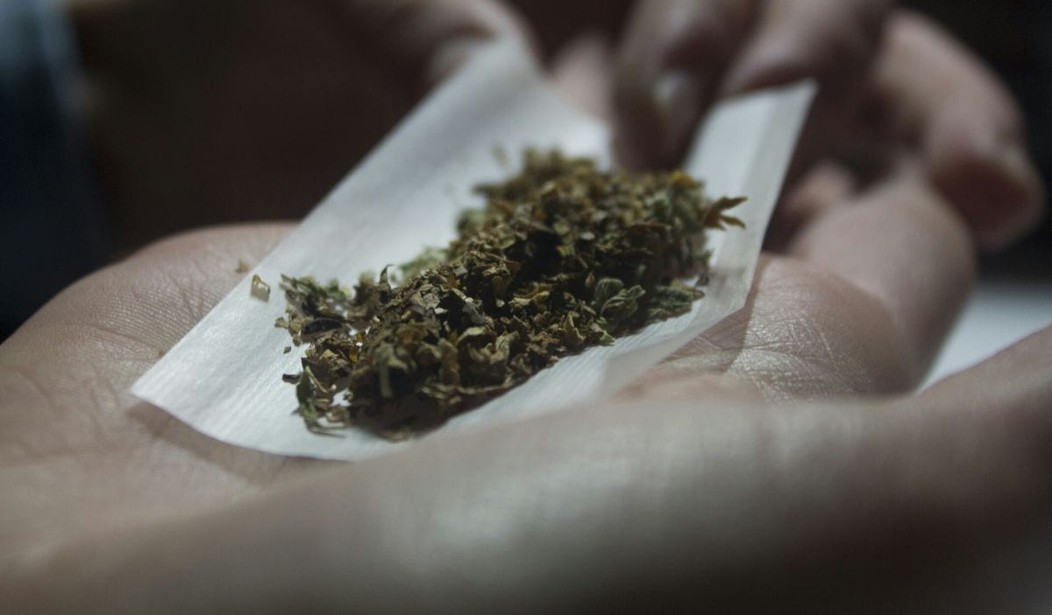A new study looking at alcohol, cigarette, and marijuana use among adolescents gives some interesting and helpful conclusions. Well, helpful conclusions if people will be willing to remove their cultural blinders concerning marijuana. Since the politically and culturally popular thing to do is to extol the virtues of the recreational use of marijuana, the study’s sharp gateway-drug implications will most likely be a warning that is derided and unheeded.
Frankly, I don’t really care if people smoke weed or not. To be clear, if asked, I’ll warn against it. What bugs me, though, is that many who do choose to smoke weed deceive themselves (and others) about marijuana’s potential for harm.
When I worked in a substance awareness program targeting eighth-graders, my co-workers and I could predict the pushback we would receive from the students: marijuana isn’t addictive… marijuana doesn’t cause any real, long-term, negative effects, blah, blah, blah.
While it’s true that marijuana doesn’t bring the same negative effects as, say, methamphetamine, it’s not true that marijuana is completely devoid of any negative effects. For starters, it is addictive. Substances don’t have to be physically addictive to be addictive. As my colleagues and I would tell the protesting students, shopping can be addictive.
A negative effect that comes from ingesting marijuana that many users (and non-users) scoff at is the drug’s potential to be a gateway drug. However, the study linked to above concludes, “The implications of the more prominent role of marijuana in the early stages of drug use sequences are important to continue tracking.”
The twenty-year study concluded that while cigarette and alcohol use among adolescents has decreased, marijuana use among adolescents has remained basically the same. What’s interesting is that “the traditional gateway sequence is changing, with marijuana increasingly accounting for the first substance used among adolescents.”
The study also acknowledges that adolescents who smoke cigarettes or drink alcohol have a greater risk of turning to marijuana. The authors of the study write:
Those who do engage in alcohol and cigarette use are increasingly a high-risk group for marijuana use. National data among adults with reconstructed life histories has demonstrated similar findings among today’s cohorts of cigarette users, in that they are also more likely to have psychiatric disorders and other drug disorders compared with previous cohorts of smokers (Talati et al., 2016, 2013). Such findings are in line with hypotheses about ‘hardening’ of drug users.
The bad news for those adolescents who begin with marijuana as well as for those who are in a high-risk group for marijuana use due to their cigarette or alcohol use is that:
Marijuana initiation may also affect subsequent drug use through similar biological mechanisms that have been proposed for other substances; emerging evidence from animal models suggests that THC exposure early in adolescence influences reward sensitivity to other drugs including nicotine (Dinieri and Hurd, 2012; Panlilio et al., 2013; Pistis et al., 2004), and that adult marijuana use who initiated in adolescence have impairments in memory and prefrontal as well hippocampal volume (Batalla et al., 2013; Filbey and Yezhuvath, 2013). Existing epidemiological data suggest that marijuana use increases the risk of subsequent cigarette initiation, supporting the hypothesis that marijuana could be causally associated with subsequent polysubstance use (Nguyen et al., 2018).
Marijuana being a gateway drug has yet to be proven conclusively, but the research points solidly in that direction. Pro-weed advocates need to stop pretending that marijuana is harmless.









Join the conversation as a VIP Member